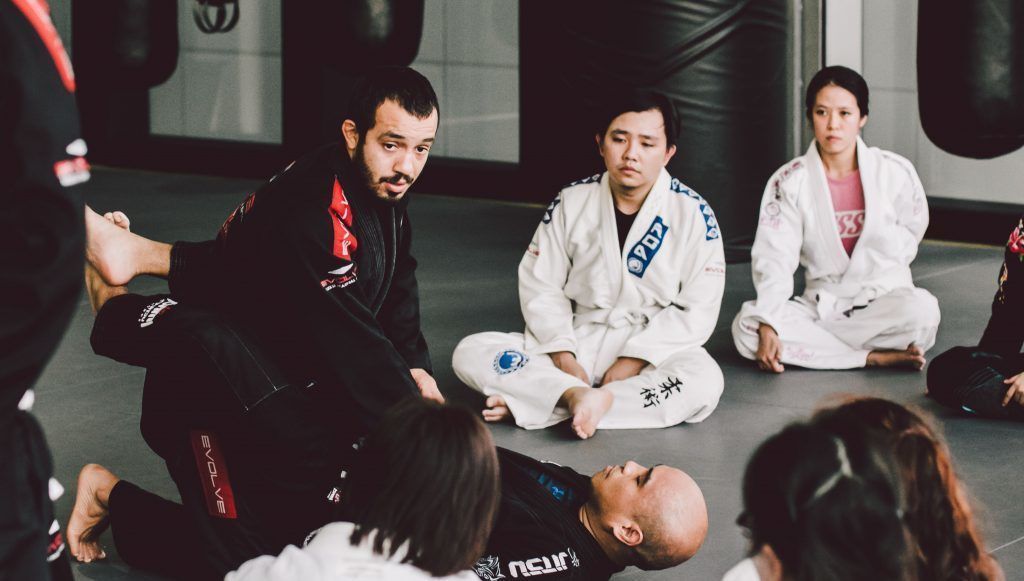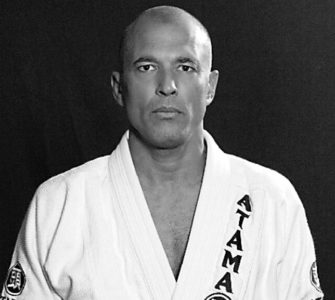In martial arts, Brazilian Jiu-Jitsu (BJJ) excels with its strategic focus and skill prioritization over brute strength. Like BJJ, effective training hinges on strategy, adaptability, and deep knowledge of one’s own capabilities. Let’s look at how BJJ principles can inspire innovative teaching strategies, improving the approach in educational settings. By integrating these martial philosophies into teaching methodologies, educators can create a more engaging and responsive learning environment for each student.
Master the Basics
In BJJ, mastering basic techniques is considered a necessary step before learning advanced techniques. Likewise, in an educational environment, a strong foundation allows students to grasp basic concepts. This must be done before moving on to more complex topics. Teachers must focus on the fundamental aspects of each subject. To do this, they need to use clear and precise verbs in their explanations to improve understanding. This method is especially effective when teaching complex theories. In modern educational practice, students can also turn to writing services, which allows them to receive professional support in creating quality papers. In this way, pay for essay can greatly help students overcome difficulties with the material, allowing them to gain a deeper understanding of the subject and improve their academic skills. Additionally, repetition is an important aspect of BJJ training.
BJJ method is necessary to achieve mastery. A similar principle is actively used in education. Teachers encourage students to review important concepts and key concepts regularly. Regular repetition not only strengthens knowledge, but also facilitates the process of memorizing and applying information. This is especially important when preparing for essays and exams. The effectiveness of this approach is confirmed by research: students who systematically repeat educational material improve their academic results by 20-25%. In addition, regular repetition helps develop critical thinking and analytical skills. This plays a key role in the successful educational process and professional growth of students.
Repetition not only boosts learning outcomes but also deepens material comprehension. It drives students to work autonomously and enhances their self-regulation during learning. These critical skills are vital for their future professional endeavors.
Use interactive exercises
BJJ fighters regularly participate in “rolling,” a form of sparring that allows them to hone their techniques in conditions similar to real-life fighting. In a learning environment, similar goals are achieved through active learning. Active learning strategies include:
- Group discussions – students discuss topics, share opinions and arguments.
- Simulation – Students recreate real-life situations or experiments to better understand the material.
- Role-playing games – students perform roles related to the topic being studied, which helps deepen their knowledge.
By actively working with the material through such methods, students not only improve their understanding, but also remember information more easily. This is extremely helpful when preparing to write research papers and other academic projects. This approach promotes deep understanding of educational materials and the development of critical thinking.
In BJJ, instructors provide feedback instantly through physical and verbal cues. Likewise, teachers can provide timely feedback on essays, research papers, and other academic assignments. This greatly improves students’ academic skills. Research confirms that students who receive regular constructive feedback improve their grades by approximately 30%. This practice allows them to adapt instructional strategies based on feedback received, improve understanding of the material, and promote deep learning. Constant feedback also motivates students to improve themselves and enhances their academic performance. They begin to take more responsibility for their tasks and find ways to do their jobs better. This approach encourages active learning and develops critical thinking, which inevitably leads to higher educational achievements.
Develop a growth mindset
BJJ frames losing as a pivotal learning moment. Adopting this philosophy in education proves transformative. It urges students to view setbacks as key learning openings. Cultivating a growth mindset enables teachers to boost students’ grit, enhancing their ability to navigate and solve intricate issues. Here’s how it unfolds:
- Embrace Challenges: Fearlessly tackling difficult tasks becomes the norm for students.
- Analyze Errors: Insightful reflections help them decode and learn from their slip-ups.
- Seek Perfection: They strive tirelessly to refine their essays and research projects.
This approach does more than teach; it equips students with resilience and a proactive attitude towards life’s complexities.
BJJ practitioners are always learning and improving. Teachers can support this growth by setting goals for both short-term tasks and longer projects. Encouraging students to continuously seek improvement helps instill a habit of lifelong learning. Studies indicate that students who establish clear learning objectives with their teachers see their academic performance improve by 25%. This highlights the value of setting goals to boost motivation and efficiency in learning. These practices boost academic outcomes and arm students with vital skills to address future complex challenges.
Conclusion
The principles of Brazilian Jiu-Jitsu go beyond physical fitness. They promote a mindset based on sustainability, continuous improvement and practical application. When applied to educational strategies, these principles can significantly improve the way students learn, and complete academic tasks, including essays and research papers. Adopting BJJ-inspired teaching strategies can lead to more effective and enriching educational experiences for all students.


















